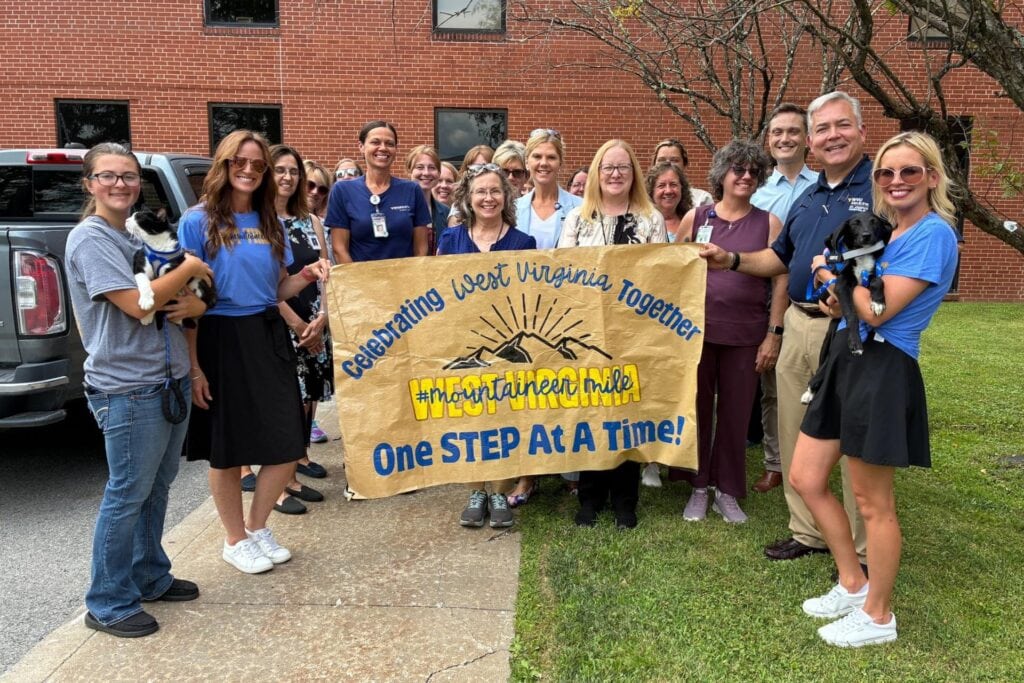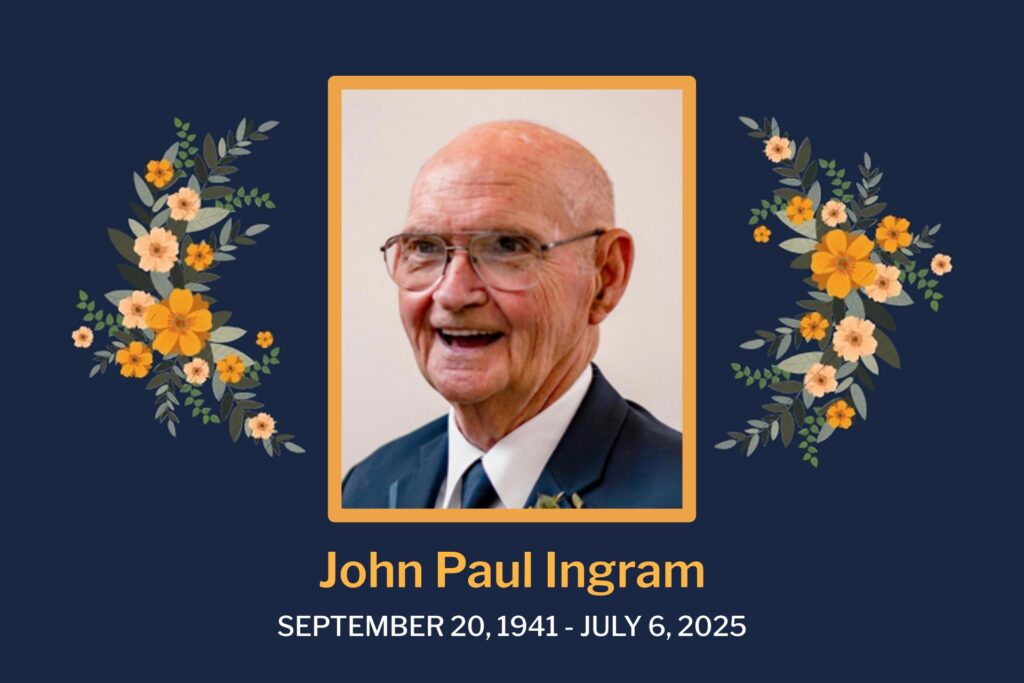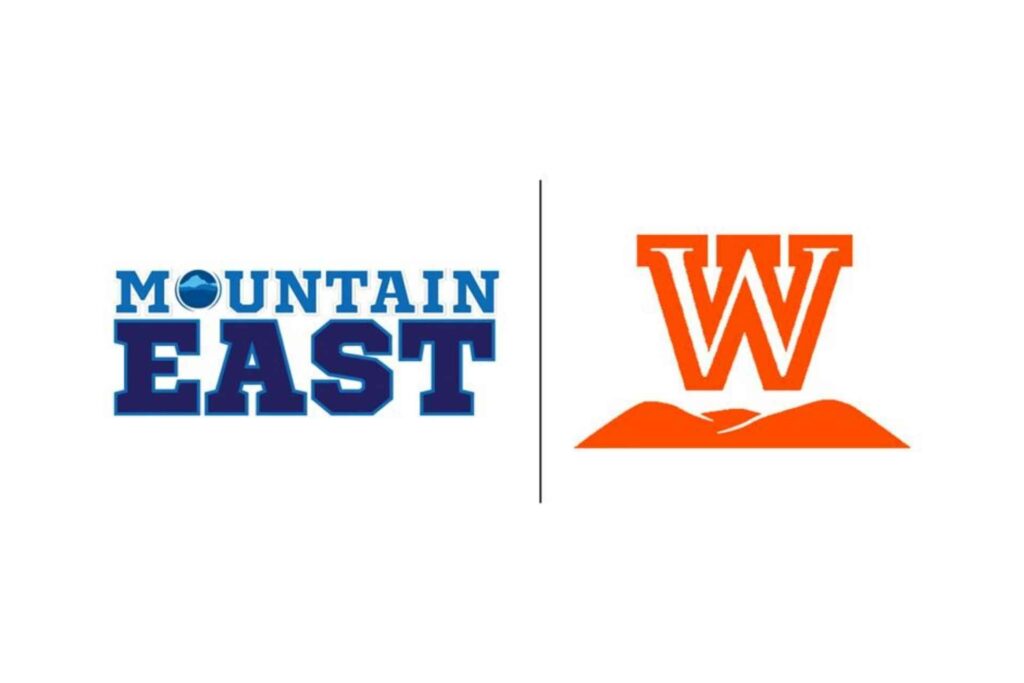Private support from the Colcom Foundation for West Virginia University and the West Virginia Water Research Institute is providing $3.5 million in financial resources to help bolster environmental sustainability and water research efforts at WVU and throughout the region.
The Colcom Foundation, a longtime benefactor of the WVU School of Medicine, is based in Pittsburgh, and focuses on enacting positive environmental change with a focus on aquatic, riparian and terrestrial habitats. Now, the organization is providing additional funds for the West Virginia Water Research Institute that will add a new element to Three Rivers Quest, a water quality monitoring and reporting program supported by Colcom Foundation for more than a decade with upwards of $3.3 million in grant funding.
“Colcom Foundation applauds the transformative impact of Three Rivers Quest in empowering communities and watershed organizations to monitor and preserve water quality in the Monongahela, Allegheny and Ohio River watersheds,” Colcom Foundation President John Barsotti said. “Through facilitating collaboration between academic researchers and citizen scientists, this initiative has generated invaluable data, fostering deeper understanding and proactive conservation efforts. Colcom Foundation remains committed to supporting initiatives like Three Rivers Quest that promote environmental stewardship and community engagement.”
Thanks to Colcom’s support, the Three Rivers Quest will continue to provide educational opportunities that will benefit the local region.
“This project aims to simultaneously address community and WVU student needs by providing innovative opportunities for student-community engagement centered around rural water issues,” Rachel Spirnak, water resources specialist with the West Virginia Water Research Institute, said. “In collaboration with watershed groups and WVU instructors, we will develop a ‘Common Waters Collaborative’ to address key needs on both sides. Watershed groups often have specific problems that need solved through research or technical assistance, but don’t have the personnel or expertise to tackle them.”
Meanwhile, many WVU students are seeking impactful research projects to tackle as they fulfill their course and degree requirements, Spirnak explained.
“We envision the primary vehicle for this work will be undergraduate capstone courses and other applied courses,” Spirnak said. “By partnering with watershed groups, the students will not only be given a project with real-world impact, but also assistance elevating their project through access to existing data, local knowledge, resources and physical sites for research. Students will learn how to engage communities in research and will be exposed to potential careers.”
With the Colcom Foundation endowment funds, Three Rivers Quest, which was greatly expanded thanks to Colcom funding in 2011, will add this new component to its work in monitoring rivers, tributaries and headwater streams that drain an area of 25,000 square miles in five states.
“The first objective of the Three Rivers Quest was to prevent sulfate and dissolved solids from exceeding the EPA’s Drinking Water Standards in the Monongahela River so that those treatment costs would not be passed on to water customers,” Paul Ziemkiewicz, director of the West Virginia Water Research Institute, said. “It’s worked for 14 years now, and it is a perfect example of how a modest scientific and management approach succeeds where hundreds of millions of dollars would have been wasted on failed reverse osmosis facilities.
“With the cooperation of the coal industry and state agencies, Three Rivers Quest’s discharge management strategy went into effect immediately and costs almost nothing to implement.”
Research and data-collection efforts take place across 42 monthly monitoring stations in the Upper Ohio River Basin and contribute to the region’s largest publicly available database on water conditions used by federal agencies, nonprofit organizations and other academic researchers. Three Rivers Quest brings these groups together to analyze data in local rivers and waterways in an effort to impact public policy and conservation efforts.
Three Rivers Quest not only collaborates with watershed groups for research purposes but also provides them with resources, tools and networking opportunities. For example, 3RQ provides a data warehouse and online mapping tools free to watershed groups and hosts an annual roundtable series. Three Rivers Quest has a repository of data and established relationships with local groups but, until now, has had a limited reach in engaging WVU students in the work. Through the Common Waters Collaborative, WVU students in STEAM programs will conduct research or create outreach products for their partner watershed group.
Grants from the Colcom Foundation are awarded through the WVU Foundation, the nonprofit organization that receives and administers private funding on behalf of West Virginia University.














